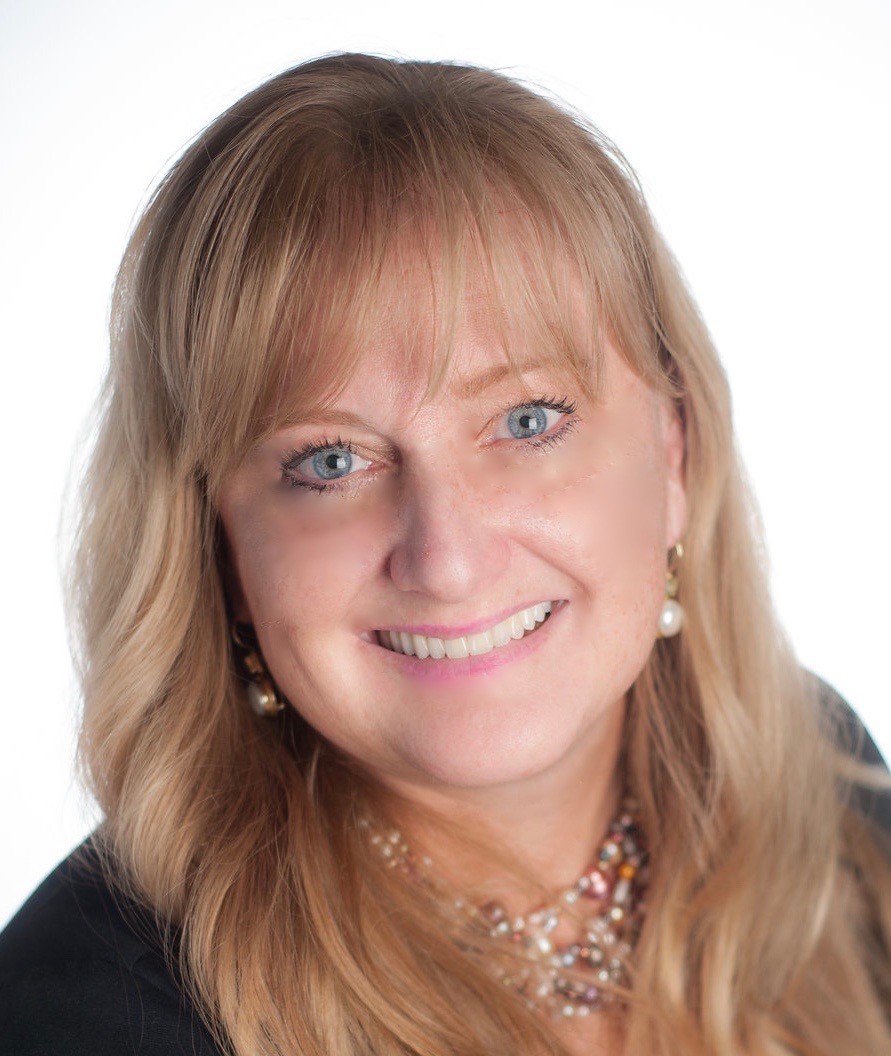- Book Reviews A FAR-FLUNG LIFE by by M.L. Steadman
- Book Reviews THE SHOCK OF THE LIGHT by Lori Inglis Hall
- Book Reviews THE VIOLIN MAKER’S SECRET by Evie Woods
- Book Reviews THE DANGER OF SMALL THINGS by Caryl Lewis
- Book Reviews NONESUCH by Francis Spufford
- Book Reviews LADY TREMAINE by Rachel Hochhauser
- Book Reviews THE ASTRAL LIBRARY by Kate Quinn
- Book Reviews THE HARD LINE, A Gray Man Novel (Gray Man series, Book 15) by Mark Greaney
- Children's Book Reviews THE NUTCRACKER by E.T.A. Hoffman
- Children's Book Reviews RANGE: HOW EXPLORING YOUR INTEREST CAN CHANGE THE WORLD by David Epstein
Meet Sara Brzowsky, a great Mom Blogger at Parade!
Moms are natural facilitators. We want to use our energy and empathy to smooth things out,wipe up tears, make things better. We don’t want to be killjoys is how DeBroff puts it. (In myexperience, the best moms are the ones who are exactly that on occasion). And yet we all know thatwe have to withdraw, little by little, so that our children can learn to do more for themselves—whether it’s in the area of personal hygiene, schoolwork or human relations. Some moms are better atthis than others, but many are struggling. Obviously, if you lay out your kids clothes every singlemorning, he isn’t going to know how to choose his outfit by himself; if you speak to his teacherabout a homework issue, he won’t learn how to have that discussion himself; and we all know, don’twe, that trying to solve a social problem for your child (after a certain age) generally spellsdisaster.
DeBroff’s site, which she started in 1998, takes the pulse of moms nationwide— uncoveringtrends and areas of concern—as well as sharing parenting solutions.
To foster independence, DeBroff advises parents to get kids into routines when they areyoung. Encourage them to clean up after breakfast (pour juice over an open dishwasher door), packtheir own backpacks, make their beds (using a simple technique, such as lying down, pulling thecovers over one’s head and rolling out the side), and brush their teeth without mom there asreferee. Buy your child an alarm clock, let her set it, and make getting up on time herresponsibility. It’s good advice. Kids may object at first, but ultimately they feel empowered bybeing in control.
As youngsters get older, try to let them handle more complex problems. Encourage them to talkto teachers or coaches before you intervene; to plan ahead and complete their homework (so a notefrom you isn’t necessary); and to discover on their own the answers to (at least some of ) theirquestions.
There really is a special pride and joy in watching your child internalize these lessons andgrow toward competency.
-
 A FAR-FLUNG LIFE by by M.L. Steadman
A FAR-FLUNG LIFE by by M.L. Steadman
-
 THE SHOCK OF THE LIGHT by Lori Inglis Hall
THE SHOCK OF THE LIGHT by Lori Inglis Hall
-
 THE VIOLIN MAKER’S SECRET by Evie Woods
THE VIOLIN MAKER’S SECRET by Evie Woods
-
 THE DANGER OF SMALL THINGS by Caryl Lewis
THE DANGER OF SMALL THINGS by Caryl Lewis
-
 NONESUCH by Francis Spufford
NONESUCH by Francis Spufford
-
 LADY TREMAINE by Rachel Hochhauser
LADY TREMAINE by Rachel Hochhauser












